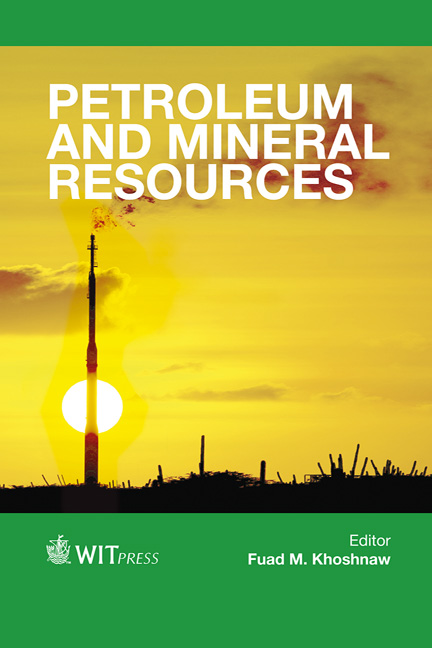Turbodrills Design And Performance Analysis For Efficient Drilling In Hard Rocks
Price
Free (open access)
Transaction
Volume
81
Pages
12
Page Range
121 - 132
Published
2012
Size
1,724 kb
Paper DOI
10.2495/PMR120111
Copyright
WIT Press
Author(s)
A. Mokaramian, V. Rasouli & G. Cavanough
Abstract
The authors have recently proposed Coiled Tube Turbodrilling technology for drilling deep hard rocks mineral exploration. Coiled Tube (CT) is a continuous length of ductile steel or composite tube that itself cannot rotate and therefore a down hole motor is needed to provide mechanical power to the bit. Amongst the down hole motors, turbodrills (turbine down hole motors) are an excellent fit with CT operations for hard rocks, providing a smooth borehole with little vibrational effects during drilling with high output rotational speed. The turbine motor section has multistage of rotors and stators which convert the hydraulic power to mechanical power. This paper presents a methodology for designing turbodrills with asymmetric rotor or stator blades configurations. Here, the turbodrill is designed specifically for small size CT system providing suitable output power and rotation speed with applicable input flow properties. Also, the results of a few numerical simulations carried out using computational fluid dynamics (CFD) code are presented. The results help in choosing the best turbine motor configurations to obtain optimum rotational speed and torque during drilling hard rocks for small hole size exploration applications. Similar methodology can be used to design and choose the best turbodrill for other hard rocks drilling conditions. Keywords: hydraulic turbodrill, turbine down hole motor, hard rocks, Coiled Tubing (CT) drilling, drilling efficiency, numerical simulation.
Keywords
hydraulic turbodrill, turbine down hole motor, hard rocks, Coiled Tubing (CT) drilling, drilling efficiency, numerical simulation.





